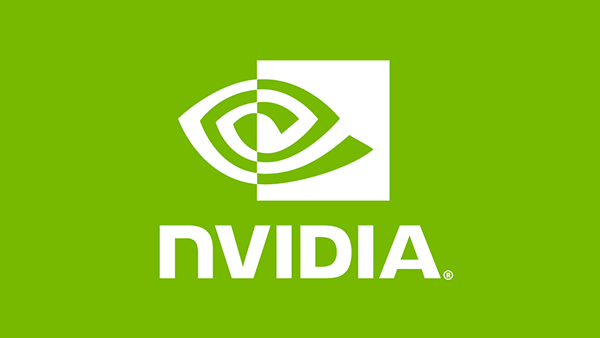Nvidia may be pausing its operations in China. The move comes on the heels of recent reports that the chipmaker was going to resume business with China.
The Information reported on Thursday, citing two people with direct knowledge of the communications that Nvidia, has told some component suppliers to suspend production of its H20 AI chip, designed specifically for the Chinese market.
According to the report, Nvidia instructed Arizona-based Amkor Technology to stop production of the H20 chips this week and also notified South Korea’s Samsung Electronics.
An Nvidia spokesperson said in a statement, “We constantly manage our supply chain to address market conditions.”
“As both governments recognise, the H20 is not a military product or for government infrastructure. China won’t rely on American chips for government operations, just like the U.S. government would not rely on chips from China,” the spokesperson said.
READ: Nvidia, AMD agree to 15% revenue share in US-China deal (
Amkor handles advanced packaging for the chip, while Samsung Electronics supplies high-bandwidth memory chips for the model.
As of August 2025, Nvidia’s relationship with China remains highly complex, shaped by geopolitical tension, export restrictions, and aggressive domestic competition. After a strong fiscal performance overall, Nvidia faced a major setback when U.S. regulations banned exports of its China-focused H20 AI chip, leading to a $5.5 billion inventory write-down and halting a key revenue stream.
Despite these hurdles, Nvidia resumed limited sales to China in mid-2025 through a special agreement with the U.S. government, which allows exports under a 15% revenue-sharing model. This deal was critical, given that China accounts for around 13% of Nvidia’s total annual revenue.
However, the situation escalated again in August. Citing national security concerns, Chinese regulators pressured local firms to avoid buying H20 chips, and Nvidia was forced to instruct suppliers, such as Samsung and Amkor, to halt all H20 production. The company denied any claims of security risks or backdoors in its chips.
In response, Nvidia is accelerating the development of the B30A, a next-gen AI chip built on its Blackwell architecture, designed to comply with U.S. export rules while offering even greater performance than the restricted H20 and H100 chips. The B30A features 144 GB of HBM3E memory and up to 7.5 PFLOPs of FP4 compute. Sampling is expected by September 2025. A less powerful RTX 6000D chip is also in the works for Chinese markets.
READ: Nvidia plans new Blackwell AI chip for China (
Meanwhile, Nvidia is expanding its footprint in China with a new R&D center in Shanghai while also investing in U.S.-based manufacturing to diversify its supply chain.
With Chinese firms like Huawei and Cambricon aggressively advancing their own AI hardware, Nvidia must now balance innovation, compliance, and diplomacy to maintain its position in the strategically critical Chinese AI market.
This situation also signals a broader shift in the global semiconductor industry, where access to cutting-edge chips is increasingly tied to political strategy rather than pure market demand. For Nvidia, China remains a crucial revenue stream, but it is no longer a predictable one. The company’s proactive development of chips like the B30A and RTX 6000D shows a willingness to adapt, but these efforts are not without risk.
Regulatory uncertainties, both in the U.S. and China, could delay product rollouts or limit adoption by key customers. At the same time, Nvidia must defend its leadership in AI computing against a growing wave of domestic challengers in China. The company’s investments in U.S. and global operations reflect a longer-term pivot toward supply chain resilience and regulatory flexibility.

